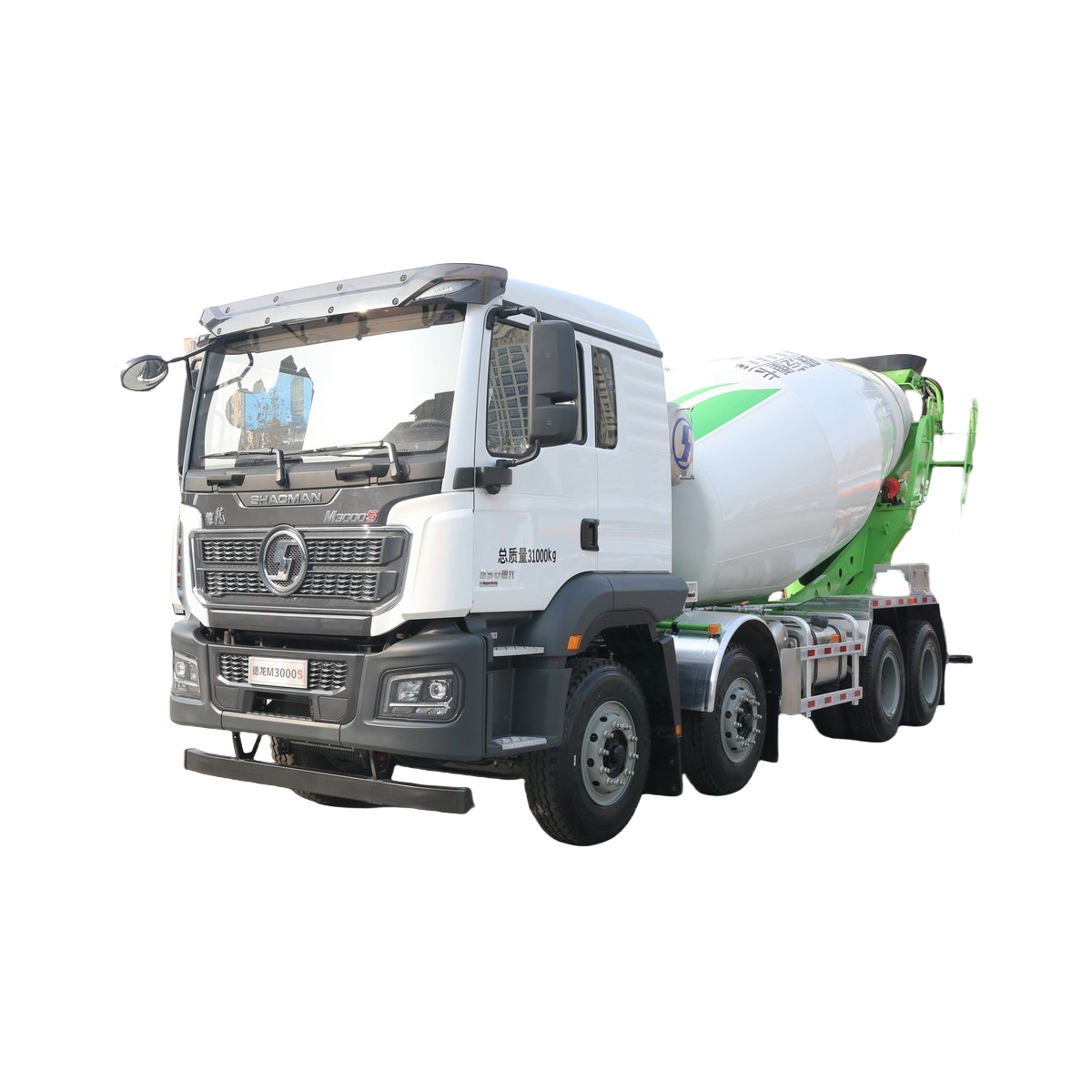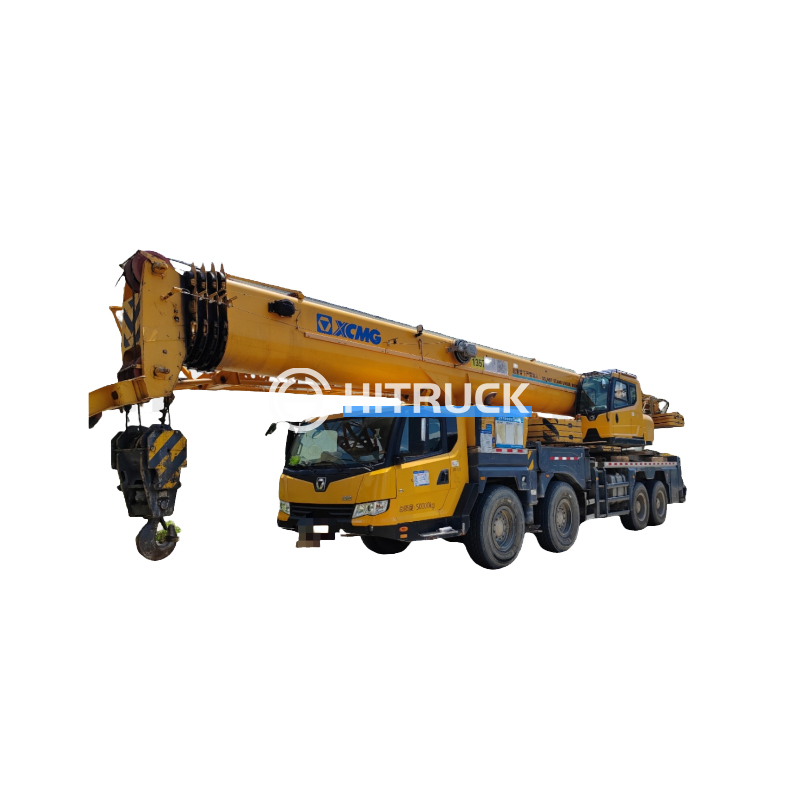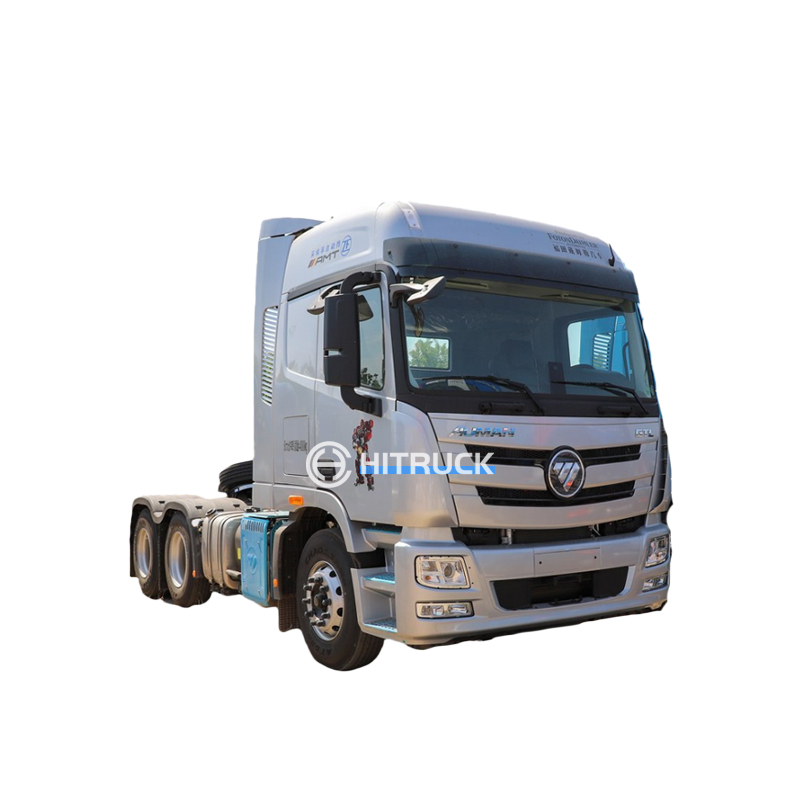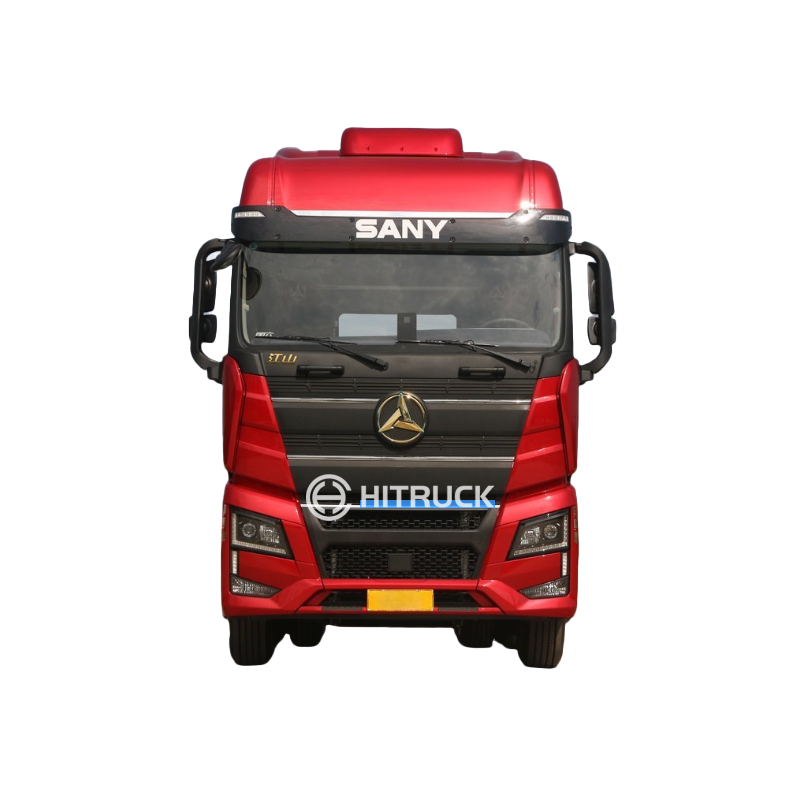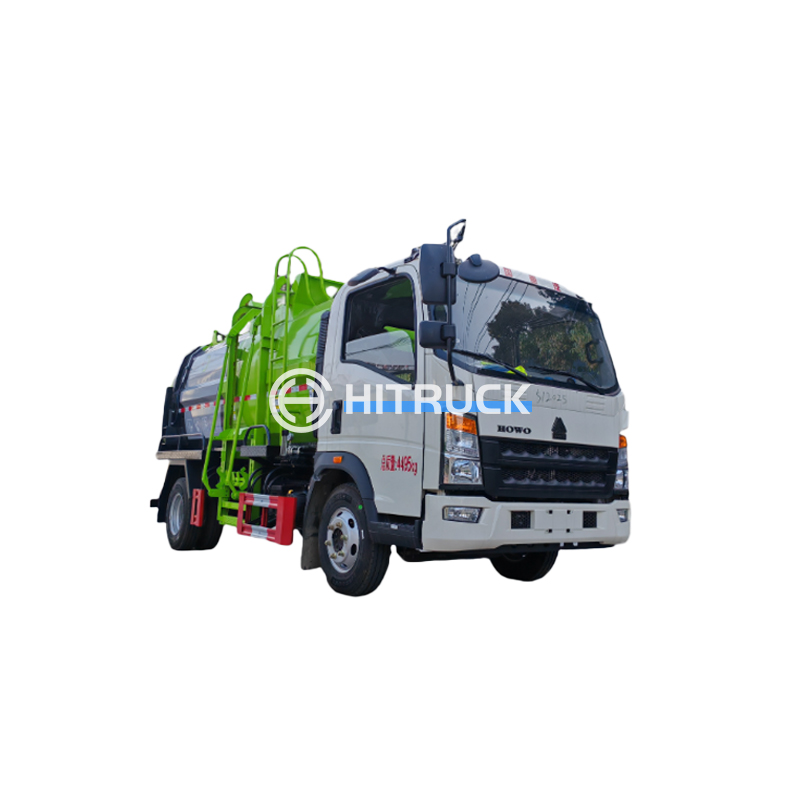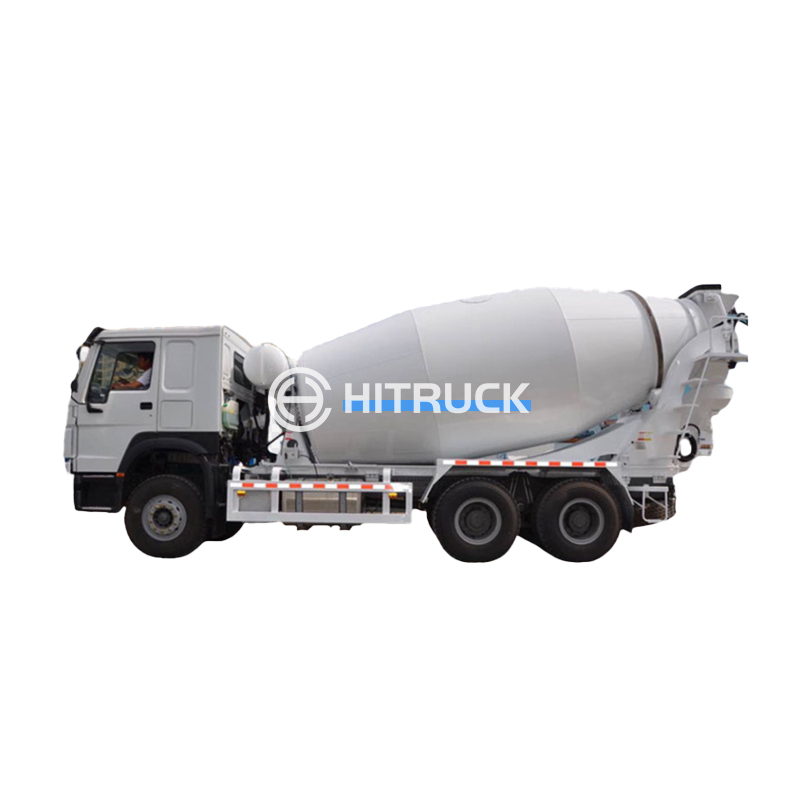Aerial Tower Fire Trucks: A Comprehensive GuideThis article provides a detailed overview of aerial tower fire trucks, covering their design, functionality, types, advantages, and disadvantages. We explore various applications and considerations for purchasing or maintaining these essential firefighting vehicles.
Aerial tower fire trucks, also known as aerial ladder trucks or elevated platforms, are specialized firefighting vehicles designed to reach significant heights, allowing firefighters to access and combat fires in multi-story buildings, tall structures, and other elevated areas. These vehicles play a crucial role in urban firefighting and industrial fire safety, providing a critical advantage in reaching otherwise inaccessible areas.
A aerial tower fire truck is comprised of several key components working in unison. The chassis provides the base, often a heavy-duty truck capable of carrying significant weight. The aerial device itself – whether a ladder or a platform – is a complex system of articulated sections, hydraulic systems, and stabilization mechanisms. A water tank, pump, and hose reels are integrated to deliver water and suppress the fire effectively. Sophisticated control systems allow precise positioning and operation of the aerial device. Advanced safety features, including emergency shutdown systems and backup power supplies, are crucial for both firefighter and public safety.
There are primarily two types of aerial devices: articulated ladders and elevating platforms. Articulated ladders offer a greater reach and can extend to significant heights. Elevating platforms provide a larger working area, ideal for rescue operations and fire suppression at higher altitudes. The choice between these depends on specific firefighting needs and the types of structures commonly encountered in a particular region.
The primary advantage of a aerial tower fire truck lies in its ability to reach significant heights, enabling firefighters to attack fires from above and perform rescues in elevated locations. They are indispensable for combating fires in high-rise buildings and industrial complexes. However, they come with certain limitations. Their size and weight can restrict maneuverability in congested urban areas. The operating costs, including maintenance and specialized training for personnel, can be substantial. They require a larger parking space and a skilled operator proficient in handling the intricate controls.
Selecting the right aerial tower fire truck involves careful consideration of several factors. The required reach, the type of aerial device (ladder or platform), the capacity of the water tank and pump, and the overall maneuverability of the vehicle in the operating environment are all crucial factors. Consult with experienced firefighters and equipment specialists to determine the best fit for your specific needs. Remember to factor in maintenance costs, and consider the availability of trained personnel to operate the truck safely and efficiently.
| Feature | Articulated Ladder | Elevating Platform |
|---|---|---|
| Reach | Higher | Lower, but larger working area |
| Maneuverability | Generally less maneuverable | Generally more maneuverable |
| Cost | Generally higher | Generally lower |
Regular maintenance is vital for ensuring the optimal performance and safety of a aerial tower fire truck. This includes routine inspections, preventative maintenance, and timely repairs of any identified issues. Specialized training for firefighters is also crucial. Operators require extensive instruction on the safe and efficient operation of the aerial device, including emergency procedures. Proper training minimizes the risk of accidents and maximizes the effectiveness of the equipment in emergency situations. For more information on purchasing high-quality fire trucks, consider visiting Suizhou Haicang Automobile sales Co., LTD.
This comprehensive guide provides a solid foundation for understanding aerial tower fire trucks. Always consult with fire safety professionals and equipment manufacturers for specific advice tailored to your unique needs and circumstances. Remember, safety should always be the top priority when dealing with this critical piece of firefighting equipment.


